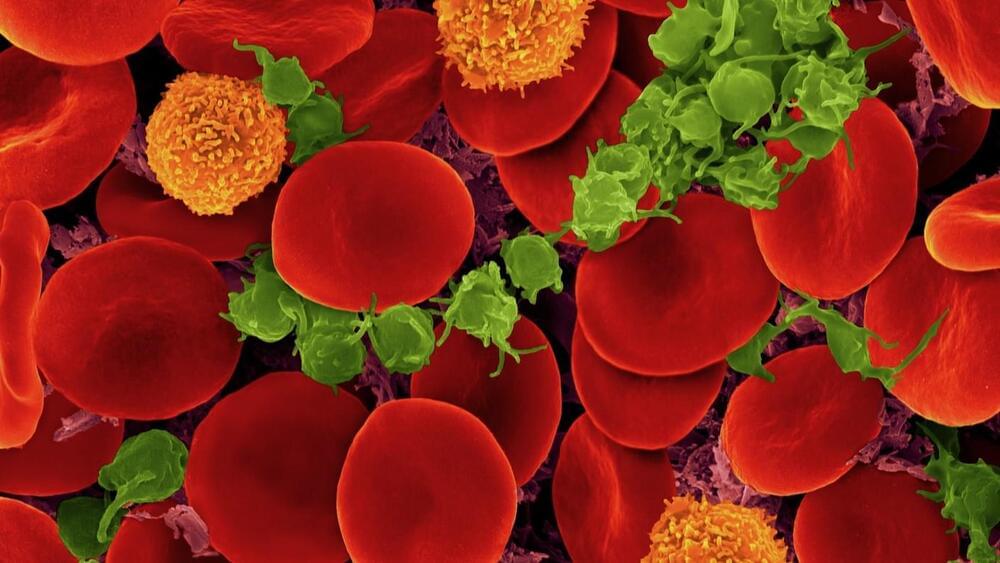May 17, 2024
Google and Harvard Map a Tiny Piece of the Human Brain With Extreme Precision
Posted by Dan Breeden in categories: biotech/medical, neuroscience
Scientists just published the most detailed map of a cubic millimeter of the human brain. Smaller than a grain of rice, the mapped section of brain includes over 57,000 cells, 230 millimeters of blood vessels, and 150 million synapses.
The project, a collaboration between Harvard and Google, is looking to accelerate connectomics—the study of how neurons are wired together—over a much larger scale.
Our brains are like a jungle.


















